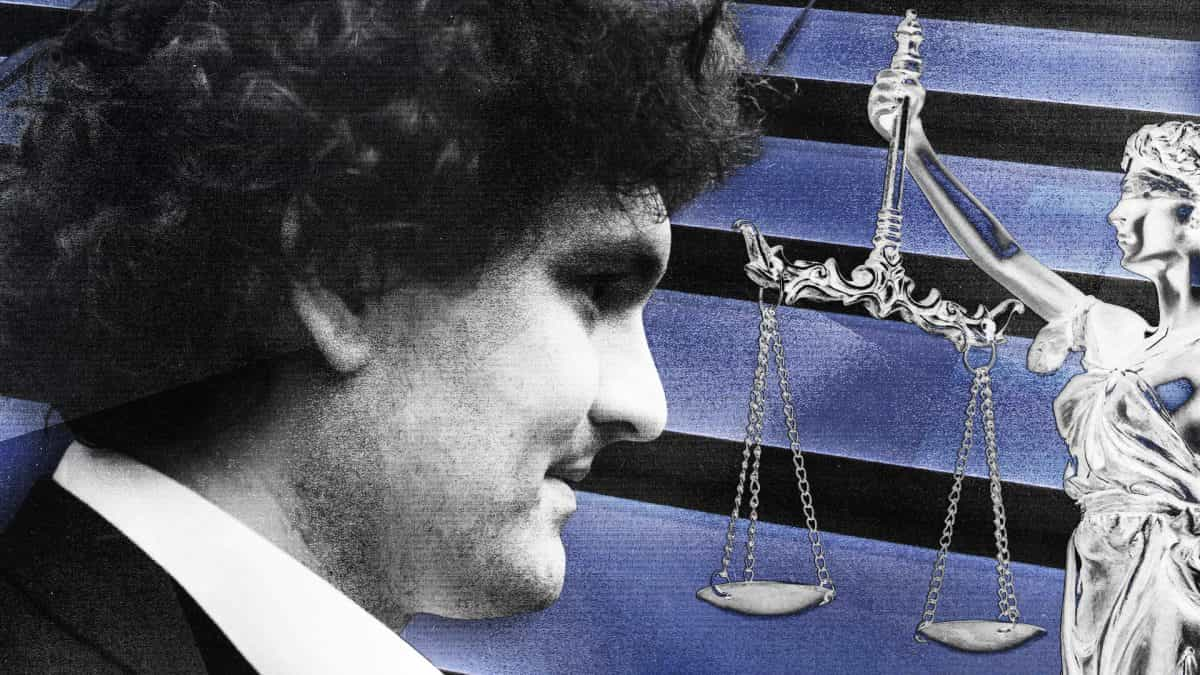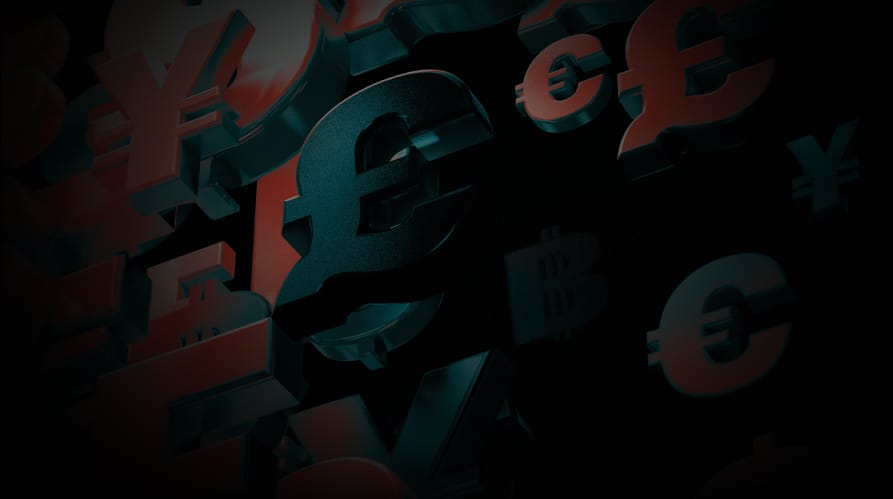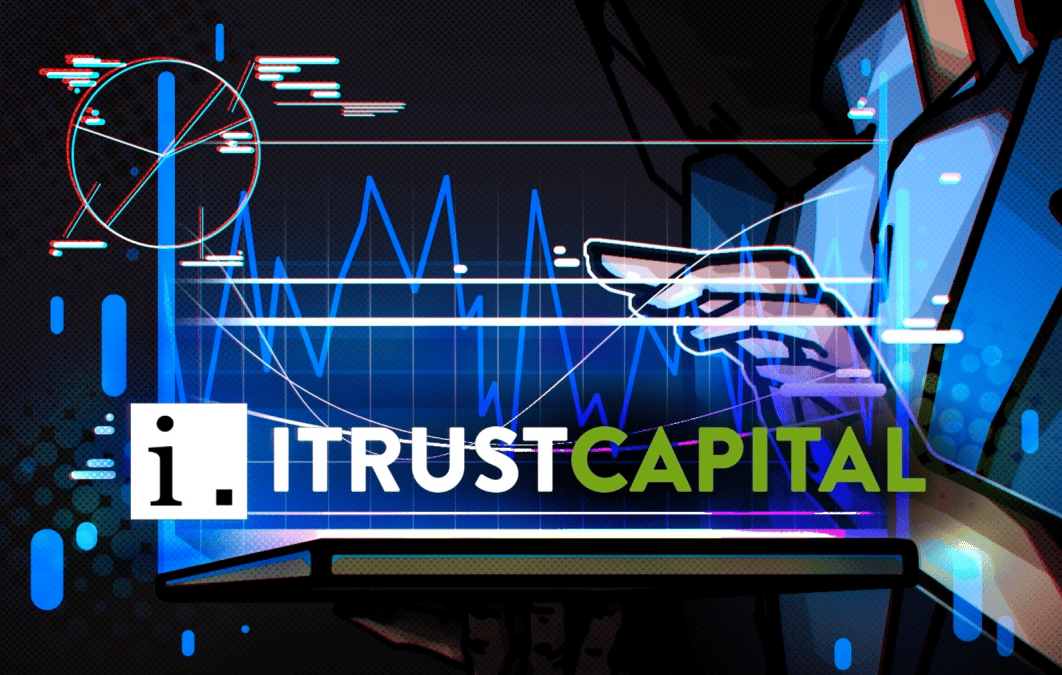Inside the trial: Caroline Ellison dishes on SBF's unyielding hunger for capital

Quick Take
- Caroline Ellison, former CEO of Alameda Research, testified in Sam Bankman-Fried’s fraud trial on Tuesday, describing how Bankman-Fried authorized the borrowing of FTX customer funds by sister trading firm.
- Ellison’s testimony paints a picture of Bankman-Fried’s unyielding hunger for capital, even as his borrowing practices undermined the financial foundations of his empire.
We'd love your feedback.
On May 7, 2022, Alameda Research CEO Caroline Ellison shared a document with Sam Bankman-Fried, the trading firm's majority owner and her on-and-off-boyfriend, that outlined her current estimation of Alameda’s risk, taking into account its "fairly leveraged" position and billions of dollars of borrowed capital from third-party lenders and FTX's own customers.
Ellison’s conclusion: "I think things are going better," she wrote. Yet that very night the Terra stablecoin would depeg, sparking a crash that vaporized $45 billion in value and took down several crypto firms in its wake. While Alameda Research wasn't a significant holder of Terra or its companion coin, Luna, the resulting drop in cryptocurrency prices across the ecosystem would spell the first sign of doom for Alameda.
Now, Ellison is testifying against Bankman-Fried in his trial over seven counts of fraud and conspiracy against FTX customers, investors and lenders. Ellison pleaded guilty in December 2022 to seven similar charges of her own and is cooperating with government prosecutors.
Over the course of her direct examination which began on Tuesday and is expected to continue well into Wednesday, prosecutors aimed to outline how, despite her CEO position, Ellison deferred to Bankman-Fried on most critical matters, such as when and how to repay Alameda's lenders, how much capital to commit to venture capital investments, and what to include on balance sheets sent to banks and investors.
Prosecutors also elucidated several surprising statements regarding Bankman-Fried from Ellison. At one point, Ellison testified, Bankman-Fried said there was a 5% chance he would someday be elected President. (Yes, President of the United States, Ellison clarified.)
Ellison also said Bankman-Fried described himself as "truly risk neutral," willing to flip a coin that would destroy the world if it landed on tails — as long as the world would become "more than twice as good" if it landed on heads.
Bankman-Fried's insatiable hunger for capital
Over the course of Ellison's questioning, a narrative emerged: Bankman-Fried was constantly in search of new capital to fund his big bets. Alameda Research borrowed money from friends and family at first before courting third-party lenders and, finally, using customer deposits, in order to enable "more trades, investments and acquisitions," Ellison testified.
According to Ellison, the practice of borrowing customer deposits began at Bankman-Fried's direction while he was CEO of Alameda Research.
Ellison admitted that allowing Alameda to borrow customer funds on its main "info@" trading account, which had a $65 billion line of credit, could enable profitable trades, like when Alameda would borrow certain tokens its customers held on FTX that it could sell elsewhere for an arbitrage profit. Ellison knew this crypto belonged to customers because the coins weren't on FTX’s balance sheets.
Ellison testified that this practice "somewhat concerned" her, given that investors and customers were not aware of the arrangement. When she asked Bankman-Fried whether Alameda's line of credit would show up in an audit sometime in 2020, Bankman-Fried waved away her concerns and told her auditors wouldn't look at that, Ellison testified.
When Alameda ran into trouble courting new lenders, Ellison testified that Bankman-Fried came up with the FTT token, giving roughly 60-70% of FTT tokens to Alameda for free. Bankman-Fried also instructed Ellison to covertly buy FTT if it fell below $1, a price he felt was "psychologically important," without discussing the buys in front of employees, according to Ellison. Now, with FTT on its books, Alameda was able to secure open-term loans from lenders like Genesis, Ellison testified.
Sam spent billions as Alameda's foundation weakened
As Alameda borrowed more and more, its posted collateral became thinner and thinner, supported by "Samcoins," which Ellison characterized as illiquid tokens whose origins were closely tied to Bankman-Fried, including FTT, Serum, Maps and Oxygen.
At times, Bankman-Fried still had trouble securing all the capital he wanted at the moment from lenders and investors, such as in the summer of 2021, when Bankman-Fried aimed to buy back the FTX shares held by Binance — one of their first investors that turned into their biggest rival. But as FTX grew, Alameda had access to an increasingly large source of immediate funding: FTX customer deposits. Ellison testified that Bankman-Fried authorized borrowing funds from FTX to complete a $2.1 billion Binance deal because of its importance to the business.
By late 2021, "Sam was directing us at that time to borrow as much money as we could," Ellison testified. When Bankman-Fried asked Ellison around this time to evaluate whether or not he could commit billions in new financing to venture capital investments, Ellison prepared a risk analysis spreadsheet showing that the investments would put Alameda into a significantly riskier position. Yet Bankman-Fried went ahead anyway. Though he announced "FTX Ventures," Ellison testified that the funding came from Alameda.
Alameda’s borrowing continued to spiral throughout 2022 — even in ways Ellison wasn't aware of. In May 2022, she learned of $5 billion in loans to its executives that were used to finance venture investments and political donations. Ellison testified that Bankman-Fried thought a small amount of money could generate high returns in terms of influence in the political sphere.
At this point in May 2022, Ellison testified, Alameda's Net Asset Value was "quite positive," though the fund was "fairly leveraged," having borrowed billions in fiat and crypto from third-party lenders and from FTX's own customers. Yet with the Terra collapse just hours away, the Alameda executives would soon be facing much different circumstances.
The Block will be back in the courtroom tomorrow for the remainder of Ellison’s direct questioning.
Disclaimer: The former CEO and majority shareholder of The Block has disclosed a series of loans from former FTX and Alameda founder Sam Bankman-Fried.
© 2026 The Block. All Rights Reserved. This article is provided for informational purposes only. It is not offered or intended to be used as legal, tax, investment, financial, or other advice.



